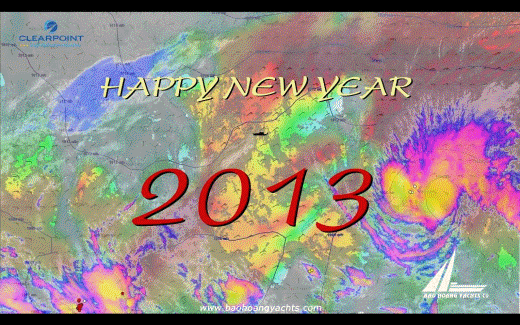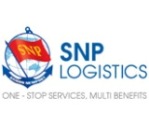A dispute panel was formed to examine U.S. global safeguard tariffs on solar cells, and the U.S. continued to object to Appellate Body operations.
As the U.S.-China trade war intensified with the Trump administration announcing more tariffs, the two countries clashed in two disputes this week at the World Trade Organization (WTO).
During a meeting of the WTO Dispute Settlement Body (DSB) on August 15, the DSB agreed to China’s request to establish a dispute panel to rule on U.S. Section 201 tariffs on solar cells, according to a Geneva trade official.
The U.S. imposed the global safeguard tariffs on solar cells in January 2018 that take the form of a tariff-rate quota for four years, as well as an increase in the import duty on modules initially set at 30%.
China said it recognized the right of WTO members to impose such safeguards, but added that they must be subject to the WTO’s strict requirements and that the U.S. hasn’t conformed to “the most essential conditions” for justifying the safeguard and didn’t respect WTO procedural requirements, according to the Geneva source.
The U.S. countered that WTO rules allow members to temporarily suspend concessions (meaning to raise tariffs), to take a safeguard action when a product is imported in such increased quantities and under such conditions as to cause serious injury or threat of serious injury to domestic industry, and that U.S. authorities had determined these conditions were being met, the Geneva source said.
The U.S. asked China to support opening the panel proceedings to the public.
Regarding another bilateral dispute, China expressed disappointment with aspects of a recent WTO Appellate Body (AB) ruling, including the AB’s upholding of a WTO compliance panel finding that U.S. Commerce Department determinations of what constitutes a “public body” align with WTO rules, the Geneva trade official said.
That ruling essentially OK’d U.S. policy for designating overseas state-owned enterprises that unfairly subsidize and distort their nations’ economies, which translates to eligibility of those countries under U.S. law for countervailing duties.
But China during the DSB meeting supported the AB’s finding in the same ruling that the Commerce Department was unfairly using non-Chinese benchmarks to determine adequate remuneration, and China called on the U.S. to align its practices with the AB ruling.
The U.S. issued a detailed critique of the AB, including the AB’s ruling that found U.S. CV duties on Chinese goods violated WTO rules.
“The approach taken in the Appellate Body’s report calls into question the ability of members to use WTO tools to counteract subsidies provided by a member such as China and poses a very serious problem with grave implications for the global trading system, the U.S. declared,” according to the Geneva source.
The Trump administration has criticized several elements of how the AB operates over the past few years, and the most recent critique delivered during this week’s meeting highlighted that the panel term of one of the three AB members assigned to review the appeal expired last September, and he continued to work on the case anyway.
The U.S. also noted that the AB report was issued well beyond the 90-day period fixed under WTO dispute rules, according to the Geneva source.
The disputes at the DSB occurred on the same day a spokesperson for the government of China said China will retaliate against an upcoming fourth round of U.S. tariffs on goods from China — totaling about $262.6 billion. The 10% tariffs will be rolled out in two phases — on September 1 and December 15.
https://www.freightwaves.com













